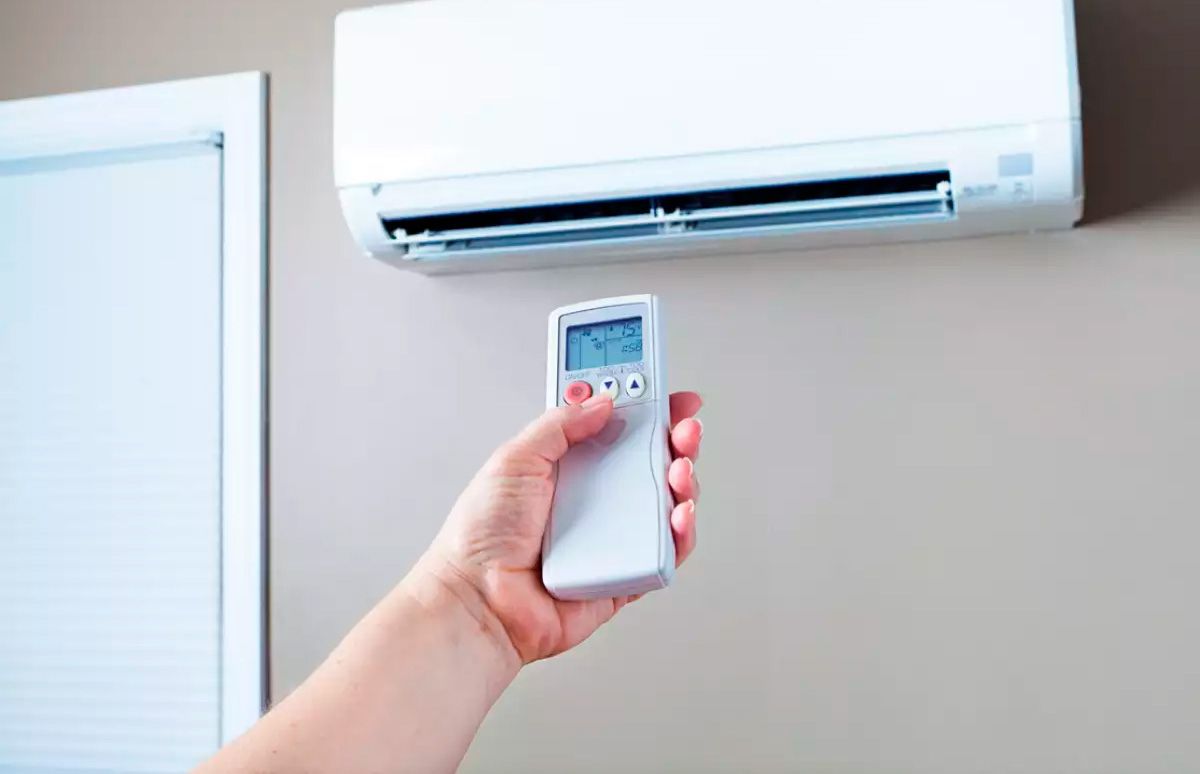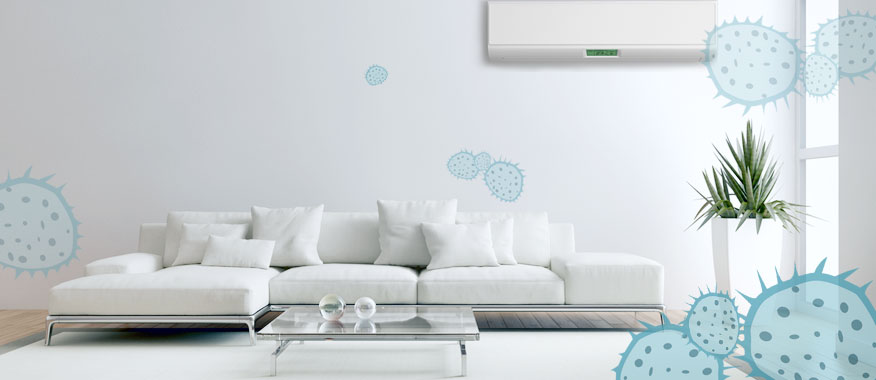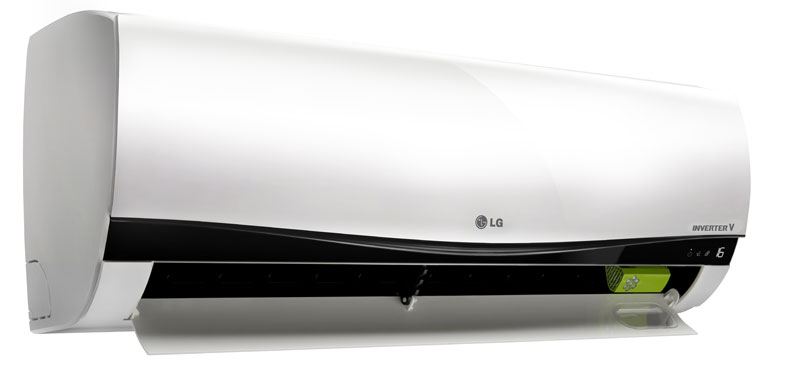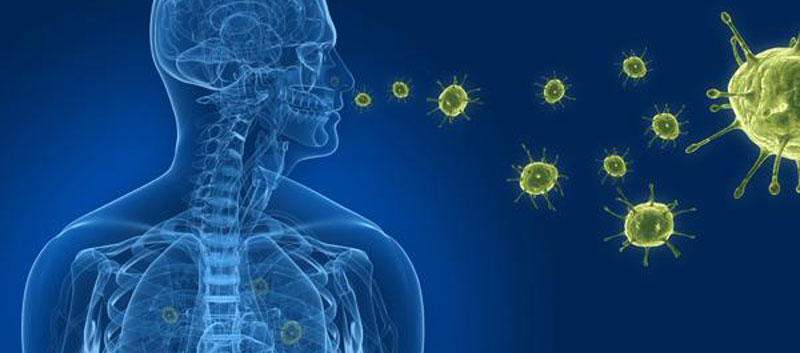
12 tips to save power while keeping cool.
It gets hot here in Brisbane, and with power costs going through the roof, the crew here at JT Air Conditioning and Electrical thought we would share a few ways you can save on cash while staying cool.
We know it's tempting to run your air-conditioner on full blast this summer to keep cool, but it may also cost you!
There are heaps of ways you can still stay thought - and save money - whether by installing window coverings, servicing your Air conditioner, or maybe investing in some landscaping.
Running your air conditioner doesn't have to cost you a fortune, especially if it's running efficiently. Here are a few ways that will keep you cool and save you cash!
12 WAYS TO SAVE ON POWER
- Set the temperature between 24 and 25 degrees. Setting an air conditioner just one degree warmer than you usually do can cut cooling costs by 10% or more.
- Only cool you are in by using zoned cooling or alternating between separate units.
- Add window coverings that fit snugly around windows. This can reduce seasonal heat exchange by almost half. Blinds with light-coloured backings on window-facing sides deflect sun heat.
- Get in early on a hot day and close windows.
- In the aftenoon lower your blinds and close off rooms not in use to reduce heating inside.
- Plant shade trees, vines and thick shrubs. Think about shade covering for windows, walls and roofs. Planting smart can cool a home by up to 12 degrees.
- Add exterior shades or awnings. This can decrease the temperature in a room by up to 3 or more degrees.
- Open windows both sides of the house to allow cool breeze to flow through.
- When buying a new air conditioner, consider the size of the room. A unit too small for the space will need to run constantly but one too big will run in short cycles, causing extra wear and tear.
- Ensure air conditioners are in good shape by regularly cleaning or replacing the filter, keeping outdoor equipment for the system free of dirt, leaves and other debris, and covering the external part of the system when not in use during cooler months.
- Check the insulation in ceilings and walls. The better the insulation, the more likely cool air will stay where it's needed.
- Draught-proof your home if you use an air conditioner.
Contact us for more advice about your Air Conditioning and Electrical needs because we're the cool kids on the block!
Information sourced from the CSIRO Australia.
Written by Air Conditioning and JT Electrical, Brisbane, Australia.



